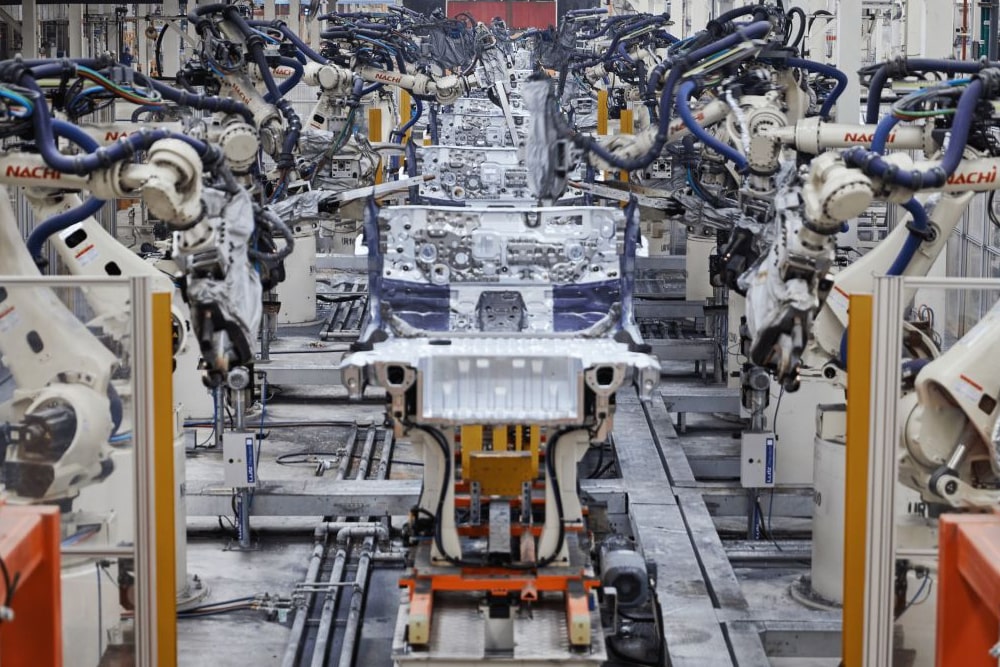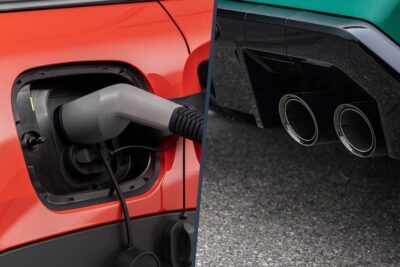EU states to vote on EV tariffs on 4 October
The new date was reported by Bloomberg, citing people familiar with the matter. The news agency initially reported that the vote would take place on 25 September. Instead, the EU Commission continued talks with Beijing and Chinese carmakers to strike a last-minute deal.
Now, “member states have received a draft of the regulation for the proposed measures,” Bloomberg states. However, that does not mean that the date is set in stone. Moreover, talks between the two sites may continue even after the special tariffs have been adopted. If the vote passes, tariffs on China-made EVs will apply from November.
The rate depends on the carmaker, as it is calculated based on the amount of aid or subsidies a carmaker receives from Beijing. The Commission has adjusted rates, after imposing provisional tariffs in July. For example, as of now, SAIC would have to pay around 36 per cent in special duties, on top of the 10 per cent import duties.
The EU Commission launched an investigation into the matter earlier this year, arguing that Chinese electric car manufacturers have unacceptable competitive advantages thanks to high subsidies from the government in Beijing and can thus offer their electric cars at a lower price in Europe than domestic manufacturers. For this reason, the special duties were not levied across the board. Instead, the higher the Chinese subsidies, which the EU categorises as market-distorting, the higher the individual import duty rate for the respective manufacturer.
However, not all member states are in favour of the move. Spanish Prime Minister Pedro Sanchez and German Chancellor Olaf Scholz recently spoke out against it on a trip to China. Spain is looking to attract investments from China to help its EV industry grow. German carmakers stand to lose a lot if tariffs come into force, as Beijing could enforce tariffs on cars from Europe in return.





0 Comments